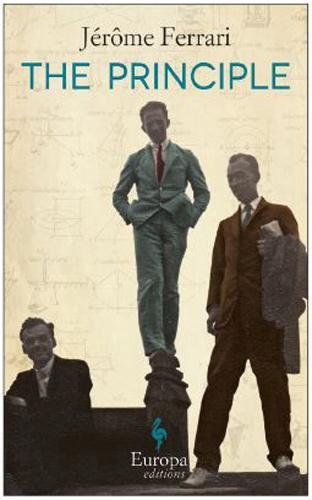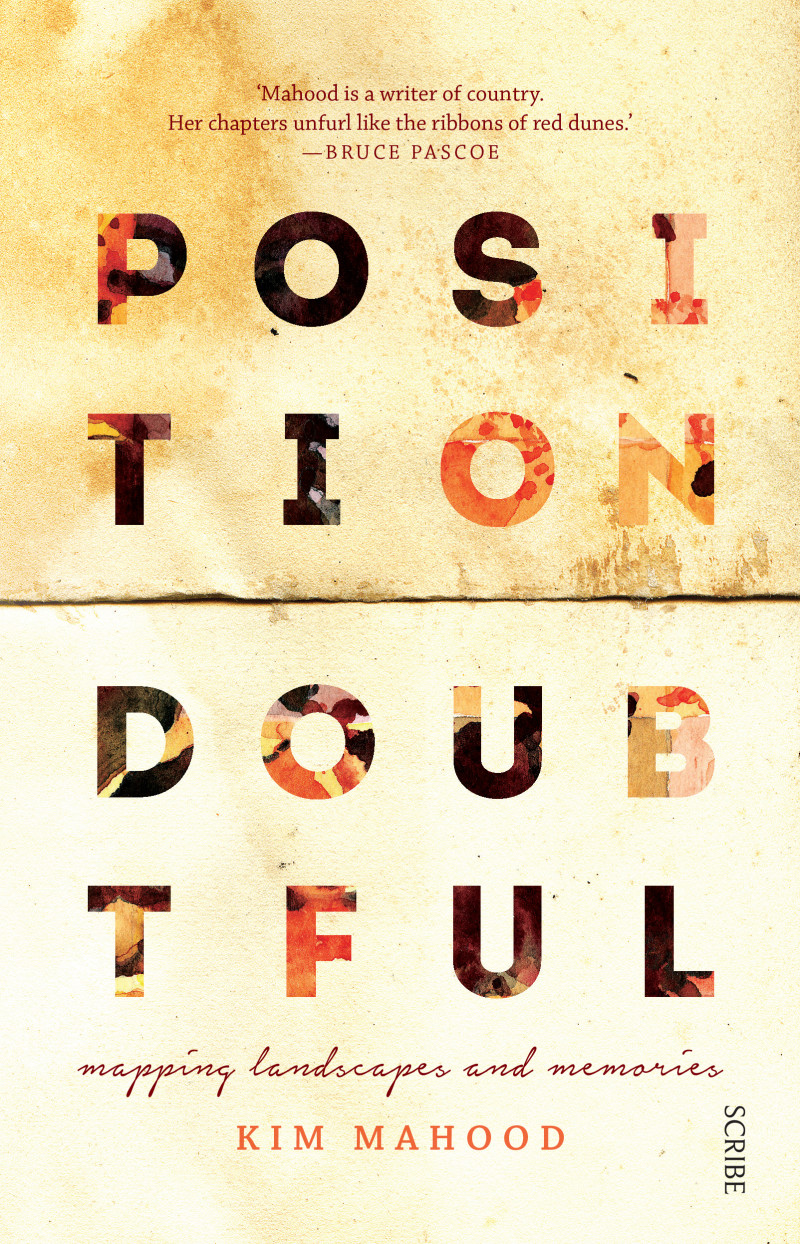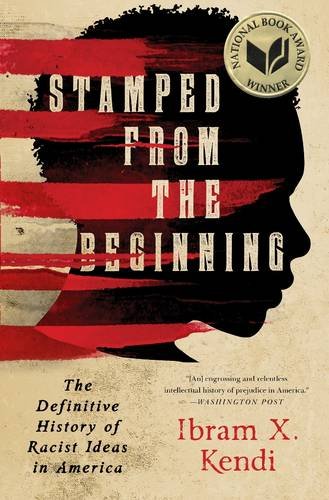Befiddled is a forceful read. de Alcantara offers teens who are tormented by feelings of failure or inadequacy a glimpse into the life of another youngster who harbors many of the same worries. Becky worries she will lose remembrance of her deceased father, that she just does not fit in anywhere, and that she is destined to nothing more than failure, blunders and unhappiness.
A review of Still Pilgrim: Poems, by Angela Alaimo O’Donnell
 Like the best poetry collections, Still Pilgrim coheres absolutely. It has one theme, expressed in the book’s title and the title of every poem. And it sticks firmly to one form, the sonnet. O’Donnell’s take on the form, though, is like Pope Francis’s approach to pastoral care: merciful and generous and forgiving. Meters range from trimeter to pentameter, some of them tight and sprightly, others elastic, heterometric, even sprung, Hopkins-like. Rhyme schemes are many. Rhyming is tolerant of slants and assonances.
Like the best poetry collections, Still Pilgrim coheres absolutely. It has one theme, expressed in the book’s title and the title of every poem. And it sticks firmly to one form, the sonnet. O’Donnell’s take on the form, though, is like Pope Francis’s approach to pastoral care: merciful and generous and forgiving. Meters range from trimeter to pentameter, some of them tight and sprightly, others elastic, heterometric, even sprung, Hopkins-like. Rhyme schemes are many. Rhyming is tolerant of slants and assonances.
A review of Pain Woman Takes Your Keys by Sonya Huber
 I can tell you I only read art. I put down what isn’t. Call it literary or what you must. If it’s not art, my breaths will slow and I’ll out of hopelessness turn to the next thing. That won’t do anything for me. And it can’t be my family because during this time I’m trying to protect them so I act or am grateful they are away for just during this time if this time ends. Sonya’s book is art. Read it.
I can tell you I only read art. I put down what isn’t. Call it literary or what you must. If it’s not art, my breaths will slow and I’ll out of hopelessness turn to the next thing. That won’t do anything for me. And it can’t be my family because during this time I’m trying to protect them so I act or am grateful they are away for just during this time if this time ends. Sonya’s book is art. Read it.
A review of The Beachcomber’s Wife By Adrian Mitchell
 Adrian Mitchell’s exquisite writing captures the essence of the island in such a way that the reader becomes immersed in the life upon it. And within these wonderful descriptions of a tropical paradise it is easy for the reader to be completely captivated by the imagined life of his subject. The author’s words, spoken through the mind of the beachcomber’s wife, draw us in so that we feel her emotions one after the other.
Adrian Mitchell’s exquisite writing captures the essence of the island in such a way that the reader becomes immersed in the life upon it. And within these wonderful descriptions of a tropical paradise it is easy for the reader to be completely captivated by the imagined life of his subject. The author’s words, spoken through the mind of the beachcomber’s wife, draw us in so that we feel her emotions one after the other.
A review of Sunset by Maggie Walsh
 Light and hope seems to play like a continual refrain through Maggie Walsh’s Sunset. Though these are poems that reflect the hardship and suffering that Walsh has experienced, they are never dark; never dour. Always there is an appreciation of the natural beauty, and a kind of joyousness that comes from sensation and perception in the face of racism, the grief that goes with being separated from home and family, and of feeling different.
Light and hope seems to play like a continual refrain through Maggie Walsh’s Sunset. Though these are poems that reflect the hardship and suffering that Walsh has experienced, they are never dark; never dour. Always there is an appreciation of the natural beauty, and a kind of joyousness that comes from sensation and perception in the face of racism, the grief that goes with being separated from home and family, and of feeling different.
A review of The Principle by Jérôme Ferrari
 Perhaps, by working on the atomic bomb, Heisenberg undermines the beauty he lives for; Ferrari refuses to let judgement be the last word. Instead, he tells a story, not unlike a letter, the overall effect of which is a sweeping, panoramic view of both the internal workings of one’s soul, as well as the wide scope of science in modern history, in short, the quantum effect.
Perhaps, by working on the atomic bomb, Heisenberg undermines the beauty he lives for; Ferrari refuses to let judgement be the last word. Instead, he tells a story, not unlike a letter, the overall effect of which is a sweeping, panoramic view of both the internal workings of one’s soul, as well as the wide scope of science in modern history, in short, the quantum effect.
A review of Position Doubtful by Kim Mahood
 The writing is exquisite, poetic, and very detailed. Mahood’s observations are often minute explorations: a delicate rock formation, the texture of a rope, the sound of grass crunching under the feet, a sunrise, the smell of cooking, or an empathic exploration of a companion’s discomfort. Though Position Doubtful is sophisticated, charged as it is by ethical considerations, the political impact of government policy, and a deep-seated understanding – both visceral and intellectual – of the ethics of colonial occupation, power struggles, and feminist discourse, it’s also a personal journey and deeply moving.
The writing is exquisite, poetic, and very detailed. Mahood’s observations are often minute explorations: a delicate rock formation, the texture of a rope, the sound of grass crunching under the feet, a sunrise, the smell of cooking, or an empathic exploration of a companion’s discomfort. Though Position Doubtful is sophisticated, charged as it is by ethical considerations, the political impact of government policy, and a deep-seated understanding – both visceral and intellectual – of the ethics of colonial occupation, power struggles, and feminist discourse, it’s also a personal journey and deeply moving.
Interview with Kevin Michaels
 The author of Still Black Remains talks about his new book, about its themes, the American Dream, his plot and characters, his favourite part of writing the book, on the nature of conflict, the most surprising thing he’s learned in writing the book, on genre, why he became a writer, his writing process, his publication challenges, his favourite authors and books, on Bruce Springsteen’s storytelling, upcoming work, his motivations, the most important elements of good writing, his infamous doppelgänger, and lots more.
The author of Still Black Remains talks about his new book, about its themes, the American Dream, his plot and characters, his favourite part of writing the book, on the nature of conflict, the most surprising thing he’s learned in writing the book, on genre, why he became a writer, his writing process, his publication challenges, his favourite authors and books, on Bruce Springsteen’s storytelling, upcoming work, his motivations, the most important elements of good writing, his infamous doppelgänger, and lots more.
A review of Stamped from the Beginning by Ibram X. Kendi
 Kendi wisely narrowed the scope of his book by telling the stories of five exceptional American leaders who greatly influenced the progression, side by side, of racist ideas through segregationists, assimilationists, and antiracists throughout America’s entire history. These Americans are the minister Cotton Mather, Pres. Thomas Jefferson, politician William Lloyd Garrison, writer W.E.B. Du Bois, and antiracist activist Angela Davis.
Kendi wisely narrowed the scope of his book by telling the stories of five exceptional American leaders who greatly influenced the progression, side by side, of racist ideas through segregationists, assimilationists, and antiracists throughout America’s entire history. These Americans are the minister Cotton Mather, Pres. Thomas Jefferson, politician William Lloyd Garrison, writer W.E.B. Du Bois, and antiracist activist Angela Davis.
A review of Out from Calaboose by Karen Corinne Herceg
 Out from Calaboose is an ambitious work, rich with mythology, politics, ecology, and psychology. The book moves through darkness and light, trauma, loss, desire, pain, but also, and always, leaning towards freedom from these things. One gets the sense that this freedom lies almost entirely in the power of words – the poems themselves are the keys.
Out from Calaboose is an ambitious work, rich with mythology, politics, ecology, and psychology. The book moves through darkness and light, trauma, loss, desire, pain, but also, and always, leaning towards freedom from these things. One gets the sense that this freedom lies almost entirely in the power of words – the poems themselves are the keys.